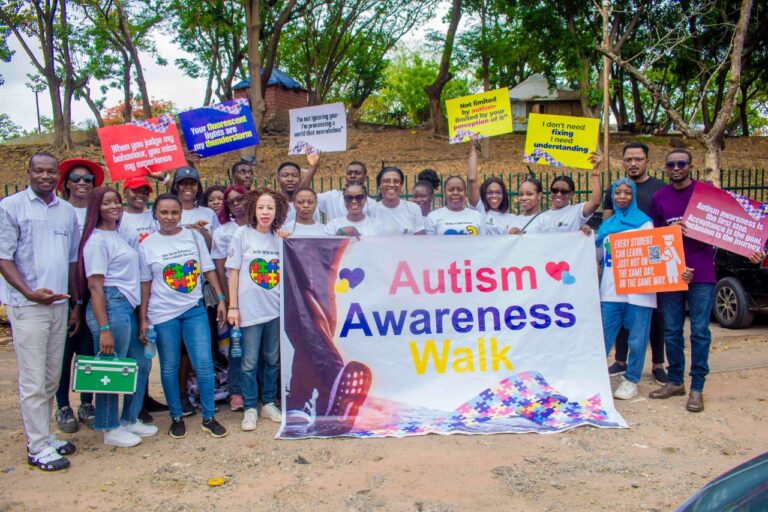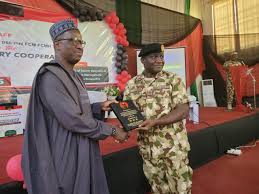WHO issues new recommendations to end rising “medicalised” FGM
By Franca Ofili
World Health Organisation (WHO) has called for urgent measures “to curtail rising medicalisation of Female Genital Mutilation (FGM)” and to engage health workers to prevent the practice.
The world body made the call in a new guideline published on April 25.
According to it, while the health sector plays key role in stopping FGM and supporting survivors in several parts of the world, evidence suggests the practice is now increasingly performed by health workers.
The organisation noted that in 2020, an estimated 52 million girls and women were subjected to FGM at the hands of health workers.
The organisation added that “the new WHO guideline, titled “The Prevention of Female Genital Mutilation and Clinical Management of Complications”, provides recommendations to both prevent the practice and ensure evidence-based care for survivors.
“It covers actions for the health sector, governments and affected communities,’’ it said.
Dr Pascale Allotey, WHO’s Director for Sexual and Reproductive Health and Research, said FGM is a severe violation of girls’ rights and critically endangers their health, adding that the health sector must be agent for change, rather than perpetrator of the harmful practice.
“Health practitioners must also provide high quality medical care for those suffering its effects,” Allotey said.
Typically carried out on young girls before they reach puberty, FGM includes all procedures that remove or injure parts of the female genitalia for non-medical reasons, she said.
She added that “evidence shows that no matter who performs FGM, it causes harm.
“Some studies suggest it can even be more dangerous when performed by health workers, since it can result in deeper, more severe cuts.
“Its medicalisation also risks unintentionally, legitimising the practice and may jeopardise broader efforts to abandon the practice.”
She said that for these reasons, WHO’s new guideline recommended professional codes of conduct that expressly prohibit health workers from performing FGM.
Ms Christina Pallitto, the Scientist at WHO, said research shows that health workers can be influential opinion leaders in changing attitude on FGM, and play crucial roles in its prevention.
She said “engaging doctors, nurses and midwives should be a key element in FGM prevention and response, as countries seek to end the practice and protect the health of women and girls.
“The guidelines highlight the need for community education and information, alongside effective laws and policies.
“Community awareness activities that involve men and boys can be effective in increasing knowledge about FGM, promoting girls’ rights and supporting attitudinal change,’’ Pallitto said.
According to her, given the extent of both short and long-term health issues that result from the practice, survivors may need a range of health services at different life stages.
She said that it would start from mental healthcare to management of obstetric risks and, where appropriate, surgical repairs.
“Evidence shows that with the right commitment and support, it is possible to end FGM.
“Countries like Burkina Faso, Sierra Leone and Ethiopia have seen reductions in prevalence among 15 to 19-year-olds over the past 30 years by as much as 50 per cent, 35 per cent and 30 per cent respectively, through collective action and political commitment to enforce bans and accelerate prevention,’’ she said.
According to her, the likelihood of a girl undergoing genital mutilation has decreased threefold since 1990.
“However, it remains common in some 30 countries around the world, and an estimated four million girls each year are still at risk,’’ she added. (NAN)(www.nannews.ng)
Edited by Hadiza Mohammed-Aliyu














